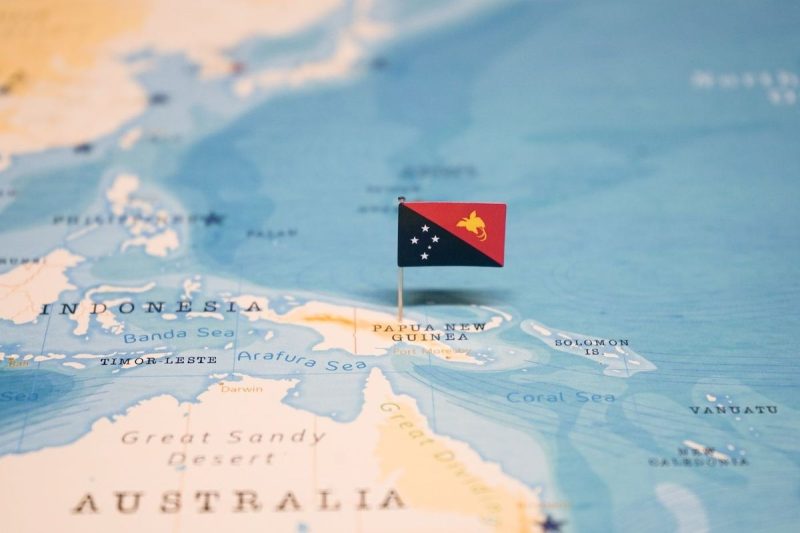
Deadly Tribal Clash Erupts Near Porgera Gold Mine, Claiming 30 Lives
The recent outbreak of tribal conflict near the Porgera Gold Mine in Papua New Guinea has led to a tragic loss of life, with at least 30 people reported dead as a result of the clashes. The violence erupted between two rival groups in the Enga province, where the gold mine is located, highlighting the ongoing tensions and complexities surrounding resource extraction in the region.
The Porgera Gold Mine, operated by Barrick Gold Corporation, has been a source of controversy and conflict for many years. The mine has faced allegations of environmental degradation, human rights abuses, and social unrest, with local communities often feeling marginalized and exploited by the mining operations. The competition for resources and benefits from the mine has exacerbated existing tribal rivalries and tensions in the region.
The recent violence near the mine is a tragic reminder of the high stakes involved in resource extraction and the urgent need for sustainable and inclusive development in affected communities. The clashes have not only resulted in loss of life but have also threatened the stability and security of the area, with reports of displacement and ongoing tensions between the warring factions.
Efforts to address the root causes of the conflict and promote peace and reconciliation are essential to preventing further loss of life and fostering sustainable development in the region. Local authorities, community leaders, and mining companies must work together to address grievances, promote dialogue, and ensure that the benefits of resource extraction are shared equitably among all stakeholders.
The Porgera Gold Mine conflict serves as a stark example of the challenges facing resource-rich regions around the world and the urgent need for responsible and transparent practices in the extractive industries. It underscores the importance of community engagement, social responsibility, and conflict resolution mechanisms in ensuring that resource extraction benefits local communities and contributes to sustainable development in the long term.